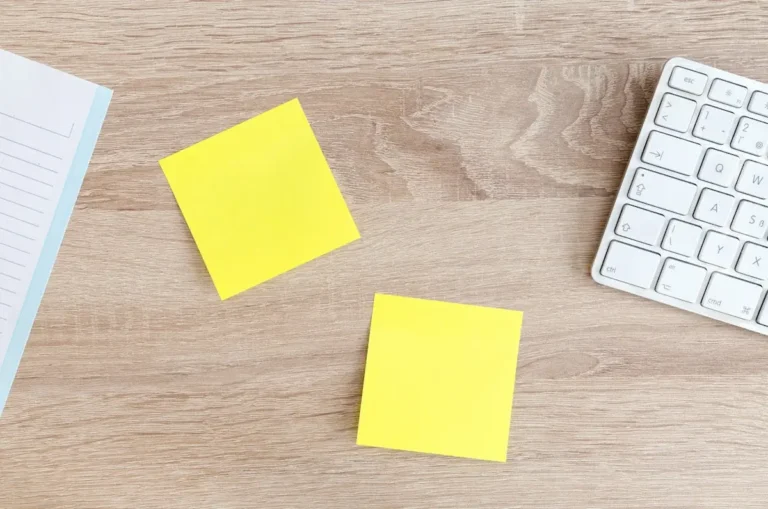At what point will the IRS start to seize my assets? Which assets can they seize?
If you find yourself in the unenviable position of being audited by the IRS, it’s important to know just what’s at stake if the government determines – either correctly or incorrectly – that you have evaded paying your taxes. To see the immensity of the IRS’ reach in seizing your assets, read what some of our contributors had to say on the subject.
An Audit Is the First Step
The IRS is in the business of collecting taxes in order to create revenue for the government. When an individual is found to have created wealth illegally through ill-gotten gains or for avoiding taxes the IRS gets involved. The IRS has to conduct an audit to determine if the taxes were legally avoided or if they were just not paid. In many cases, high profile individuals are found to have skipped paying taxes and they end up owing their original taxes plus interest. The IRS will have to conduct their own investigation before they are allowed to seize assets. However, it’s important to note that most do not win against an audit. Once the government goes after someone, they usually win or get something. At the very least, an audit will take time and money for both parties involved.
Financial Assets Are Usually First
The IRS is more likely to seize financial assets first, so any social security benefits, wages, retirement income, and bank accounts you have would be the items that they would look at taking to be able to get some payments for any back taxes. After this, they may look at seizing any larger property you have, which would include cars, boats, or real estate of any kind. They usually work in order and will take enough to be able to settle the tax debt. It is always better to pay any back payments you have, but know that only larger items and financial assets will be able to cover the debt.
Everything You Own Is Fair Game
If you don’t pay the back taxes that you owe and go into debt, the IRS can seize your funds, wages, and real estate property and may even sell your car just to cover the money you owe. It may even freeze your bank account and eventually take all your assets from you to pay your tax debt.
This is a crowdsourced article. Contributors are not necessarily affiliated with this website and their statements do not necessarily reflect the opinion of this website, other people, businesses, or other contributors.










